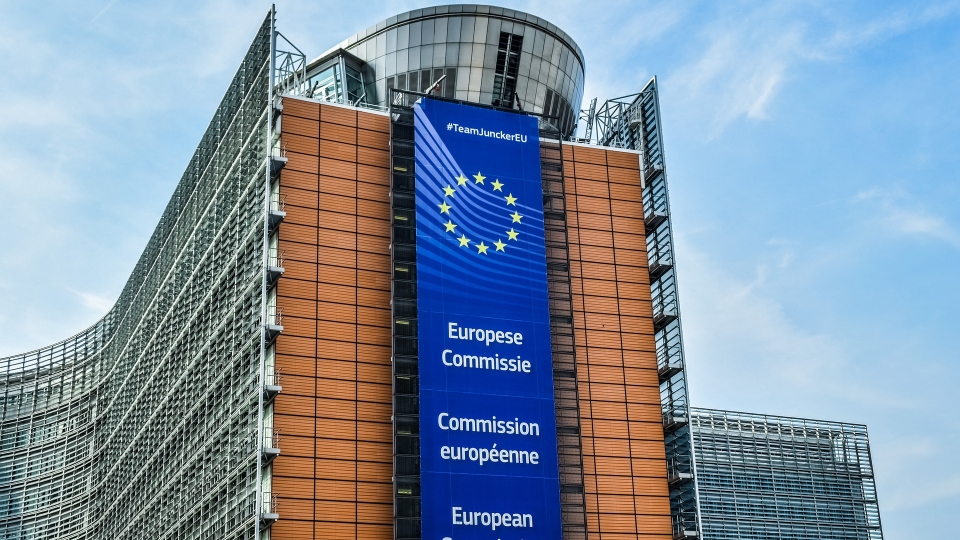
The EU Digital Markets Act (DMA) comes into force tomorrow. The new regulation will “put an end to unfair practices” by companies that act as gatekeepers in the online platform economy, said the European Commission.
The DMA defines when a large online platform qualifies as a “gatekeeper”. These are digital platforms that provide an important gateway between business users and consumers – whose position can grant them the power to act as a private rule maker, “and thus creating a bottleneck in the digital economy”.
To address these issues, the DMA defines a series of obligations major gatekeepers need to respect.
Large companies operating one or more of the so-called “core platform services” listed in the DMA qualify as a gatekeeper, including app stores, online search engines, social networking services, certain messaging services, video sharing platform services, virtual assistants, web browsers, cloud computing services, operating systems, online marketplaces and advertising services.
“When a gatekeeper engages in practices, such as favouring their own services or preventing business users of their services from reaching consumers, this can prevent competition, leading to less innovation, lower quality and higher prices,” the Commission said.
“When a gatekeeper engages in unfair practices, such as imposing unfair access conditions to their app store or preventing installation of applications from other sources, consumers are likely to pay more or are effectively deprived of the benefits that alternative services might have brought,” it added.
The DMA will move into its implementation phase from tomorrow, and start to apply in six months, as of 2 May 2023.
“The DMA will be enforced through a robust supervisory architecture, under which the Commission will be the sole enforcer of the rules, in close cooperation with authorities in EU Member States. The Commission will be able to impose penalties and fines of up to 10% of a company's worldwide turnover, and up to 20% in case of repeated infringements,” said the Commission.
“In the case of systematic infringements, the Commission will also be able to impose behavioural or structural remedies necessary to ensure the effectiveness of the obligations, including a ban on further acquisitions.”


